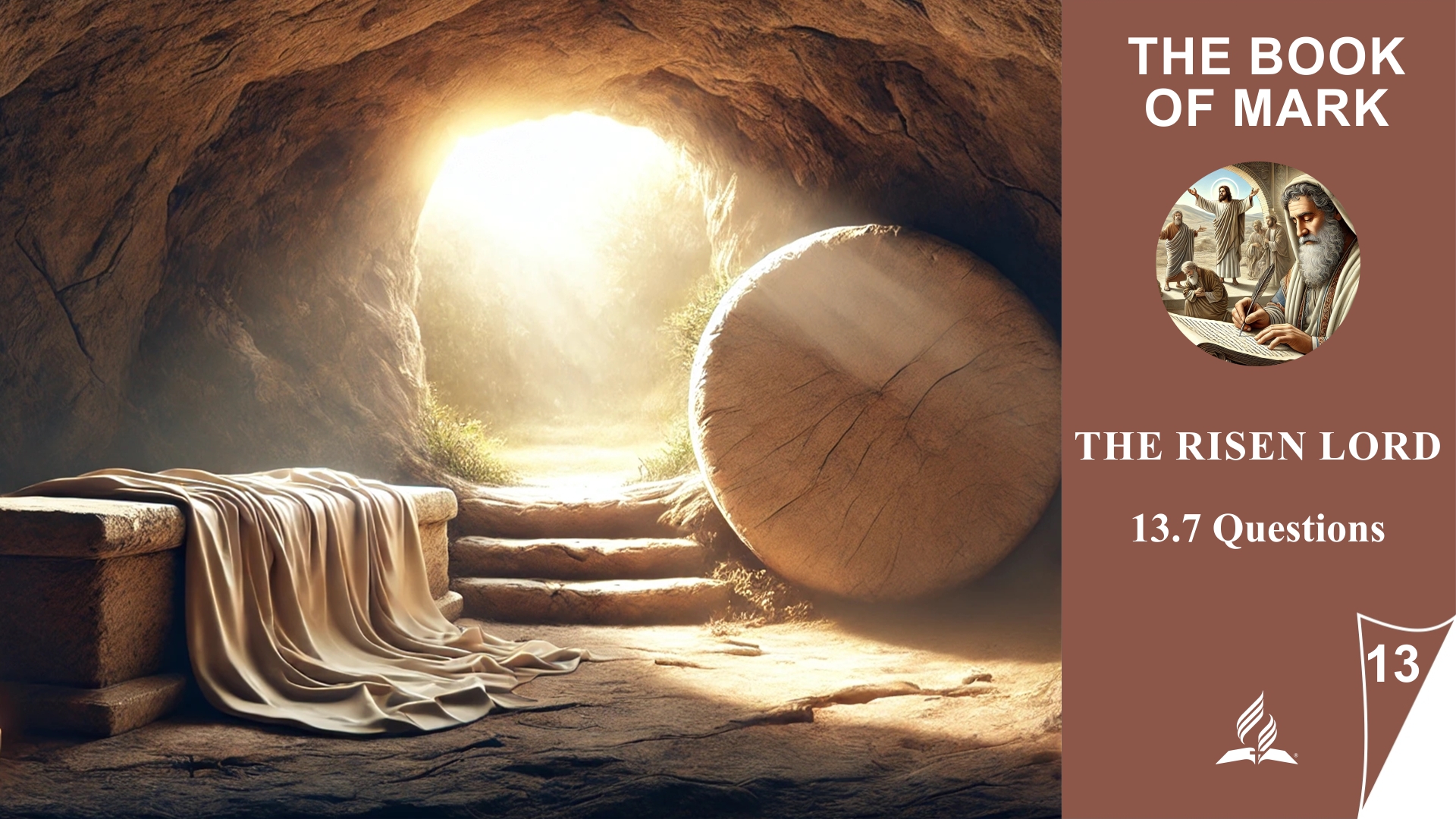



1.Why would the disciples have lied about Jesus’ resurrection? Given what we know, they only faced hatred, alienation, and persecution because of their faith. What would they have gained from making up this story?
There is no compelling reason why the disciples would have lied about Jesus’ resurrection. Everything we know from the history suggests that their faith in the risen Christ subjected them primarily to persecution, suffering, and even death. The following points illustrate why it is unlikely that they fabricated the account:
-
No Material or Social Benefit: The disciples had nothing to gain and everything to lose. They faced hatred, alienation, and persecution, and were often arrested or killed. If they had lied, it would have been illogical to maintain such a lie under these circumstances.
-
Willingness to Suffer and Die: Many of the disciples died martyrdom because they held firmly to the message of the resurrection. It is unlikely that anyone would be willing to die for something they knew was a lie. Their willingness to sacrifice their lives speaks to their conviction that they had indeed seen the risen Jesus.
-
Their Faith and Transformation: After the resurrection, the disciples radically changed their lives. From fearful and doubtful individuals, they became bold proclaimers of the Gospel. This transformation suggests that they had a profound, real experience that drove them to their new lives and faith in Jesus.
-
No Counter-Evidence: If the resurrection had been invented, Jesus’ religious and political opponents could have easily presented the body to disprove the resurrection claim. However, there was no body, and the tomb was empty.
In summary: The disciples had nothing to gain from lying about the resurrection. Instead, their willingness to suffer and die for their faith indicates that they were firmly convinced of the truth they were proclaiming.
2.What evidence for Jesus’ resurrection is the most convincing to you? Explain why.
For many, the most convincing evidence for Jesus’ resurrection is the empty tomb and the radical transformation of the disciples after the resurrection. These two factors combined are powerful because they underscore the credibility and impact of the resurrection.
-
The Empty Tomb: The tomb was empty, and even Jesus’ opponents could not produce the body to refute the resurrection claim. If the body had been stolen or the resurrection was fabricated, the Jewish and Roman authorities could have easily found and presented the body. However, they could not, and the empty tomb remained an irrefutable sign.
-
The Transformation of the Disciples: Before the resurrection, the disciples were fearful, uncertain, and hiding. After the resurrection, they became courageous, fearless proclaimers of the Gospel, willing to endure persecution and death. This radical change is difficult to explain unless they had genuinely encountered the risen Jesus. People do not drastically change their lives based on a lie or imagination.
Why these evidences are so convincing:
-
The Empty Tomb Provides an Objective Basis: There was no body to refute the claim. This is a strong fact that Jesus’ opponents could not disprove.
-
The Transformation of the Disciples Offers Emotional and Psychological Evidence: People are generally not willing to suffer or die for something they know is a lie. Their willingness to accept death for their faith supports the authenticity of their conviction.
Together, these two pieces of evidence make Jesus’ resurrection a credible and powerful event that remains a central foundation of the Christian faith to this day.
3.Reflect more on the great hope that Jesus’ resurrection offers us. Read 1 Corinthians 15. How much significance does Paul attribute to Jesus’ resurrection?
In 1 Corinthians 15, Paul assigns a central and indispensable significance to Jesus’ resurrection. For him, the resurrection is the foundation of the Christian faith. He argues that without Jesus’ resurrection, the faith would be meaningless, and people would still be trapped in their sins. The resurrection, for Paul, is the proof of victory over death and sin and the basis for the hope of eternal life. It gives believers the assurance that they too will one day be resurrected and have a new life in Christ.
(Visited 30 times, 1 visits today)




















